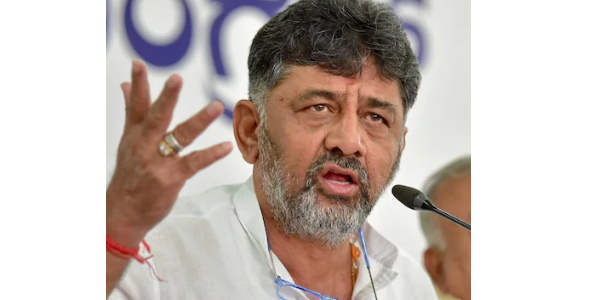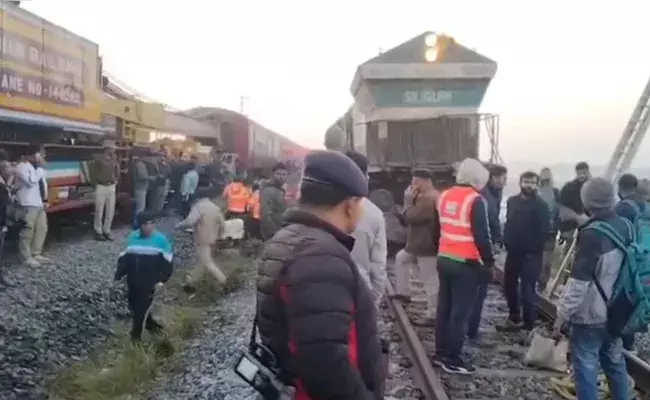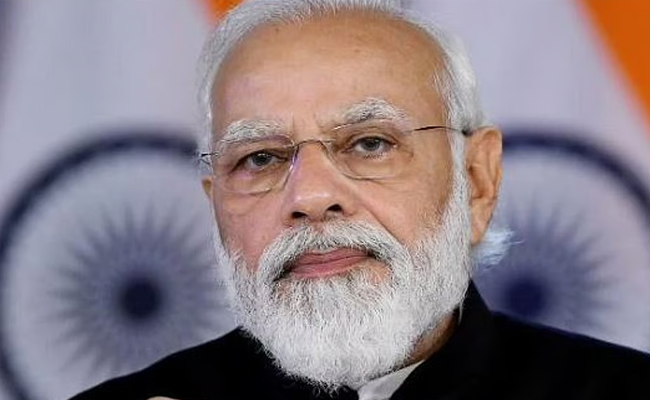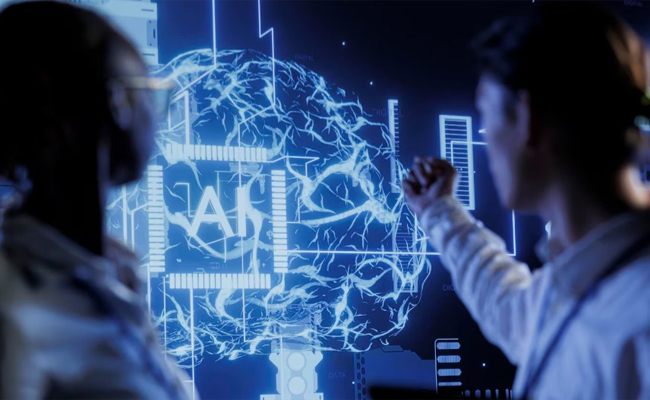Bengaluru: KPCC President and senior Congress leader DK Shivakumar on Friday said that the party will give each candidate only one ticket in the upcoming Karnataka Assembly Elections that are due next year.
He was speaking to media reporters at his house in the city.
The reporters, pointing out that applicants had been approaching both Shivakumar and Siddaramaiah at the leaders’ homes, asked the Congress leader if such visits would give rise to problems. The KPCC president responded that, regardless of members’ visits, every applicant would be given only one ticket for the polls.
“The members need to keep personal interests aside and stay united to fight the elections. The party is always more important than an individual member. We need to get the party back to power - only then will the members too come to power,” Shivakumar reminded, adding, “It is, of course, difficult to specify the managerial capability of every member. Some members might be able to handle only 10 booths, while others could handle even 100 booths. We cannot gauge this now.”
When asked about the collection of funds and donations from ticket applicants in the party, Shivakumar told the media persons that this was an old system in Congress. “Applicants gave donations earlier too. Unlike before, however, it has come to the news much more now,” he added.
“We need funds for election work and also the construction of the offices of the Congress at block and district levels, among other things. In contrast, however, when the members and activists need financial aid, the party helps them, using the funds collected,” Shivakumar clarified.
Let the Truth be known. If you read VB and like VB, please be a VB Supporter and Help us deliver the Truth to one and all.
Colombo (PTI): The IMF has approved an emergency funding of USD 206 million under its rapid finance instrument to help Sri Lanka “address the urgent needs arising from the catastrophic Cyclone Ditwah and preserve macroeconomic stability”.
The cyclone caused widespread destruction in the island nation and left over 643 people dead.
In a statement issued on Friday, the Washington-based International Monetary Fund (IMF) said the disaster has created urgent humanitarian and reconstruction needs, generating significant fiscal pressures and balance-of-payments needs.
ALSO READ: PM arrives in Kolkata to unveil projects, address rally in Bengal''s Nadia
The emergency financial support provided by the IMF under the rapid finance instrument will help address these pressures, it said.
The IMF added that the cyclone devastation hit when the Fifth Review of Sri Lanka’s USD 2.9 billion bailout was nearing completion.
“Given the time needed to assess the economic impact of the cyclone and examine how an IMF-supported programme can best support Sri Lanka’s recovery and reconstruction efforts while preserving objectives and policy priorities, the Fifth Review has been deferred," it said.
"An IMF mission team will visit Sri Lanka in early 2026 to resume discussions,” it added.
The 48-month extended fund facility deal with the IMF in March 2023 carried hard reforms to Sri Lanka's welfare-based governance.
It was signed after Sri Lanka plunged into an unprecedented economic meltdown with its first-ever sovereign default.
Several hours before the IMF decision, the parliament here approved without a vote a supplementary estimate of LKR 500 billion, which the government said was required to restore the livelihoods of those affected by the disaster.





